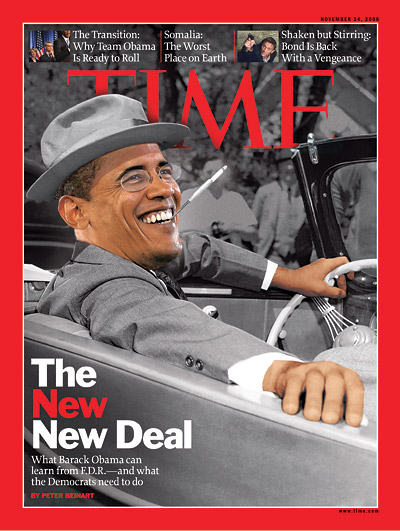Yesterday I testified before the Maryland General Assembly to oppose HB 114. It’s a bad bill for consumers and online companies, and another iteration of the continuing war that traditional retailers have waged against e-commerce for the past few years. Last year NetChoice testified before Congress to oppose legislation that would would give retailers the power to force online marketplaces to interrogate their own customers about how they obtained items listed for sale.
HB 114 would require Maryland businesses and residents selling cosmetics, medicines, baby food and infant formula via an Internet auctions to notify the Department of Health & Mental Hygiene at least seven days prior to the auction. The bill applies only to sales using Internet auctions, not fixed-price format, and not newspaper classified ads. That right there makes you wonder.
The bill has been introduced under the theory of product safety. Safeway, Target, and the state retailers association all trumped up the dangers of selling baby food and infant formula online without citing any sort of actual harm. Or at least harm that is disproportionate to what exists at the physical store retail level.
There was also a lot of desperate hyperbole. A representative from Mars supermarkets (a Maryland chain) asserted that Internet auctions fund heroin addiction! Yes, testifying before state legislatures can be fun!
When you have bill proponents demonizing the Internet, it’s easy to see that the bill is about competition prevention. Namely, to prevent Internet auction sites from benefiting Maryland consumers and helping businesses compete with traditional retailers in the sale of food and drug items.
Getting back to the window dressing of public health, Continue reading →



 Today’s
Today’s  The Technology Liberation Front is the tech policy blog dedicated to keeping politicians' hands off the 'net and everything else related to technology.
The Technology Liberation Front is the tech policy blog dedicated to keeping politicians' hands off the 'net and everything else related to technology.